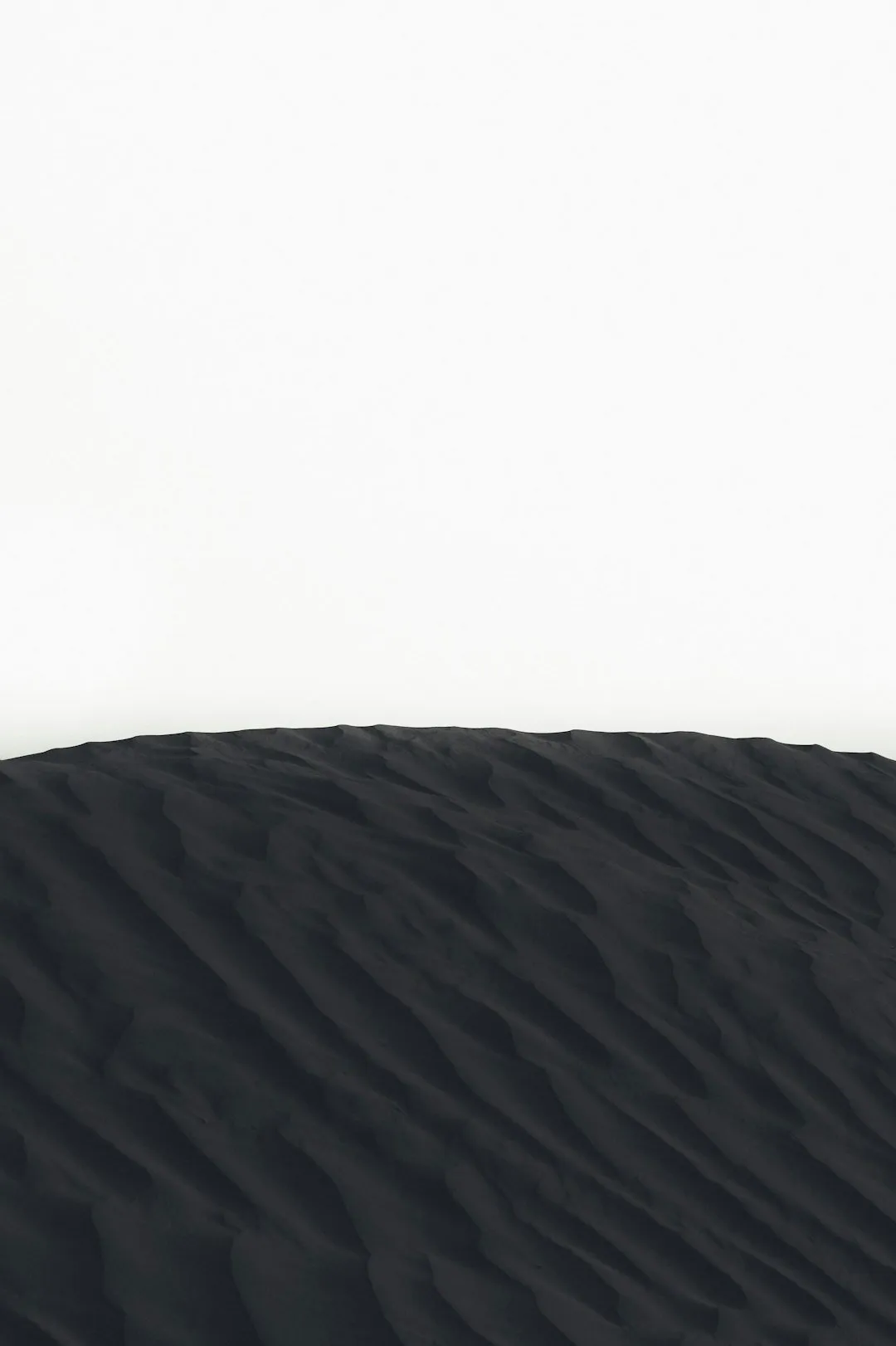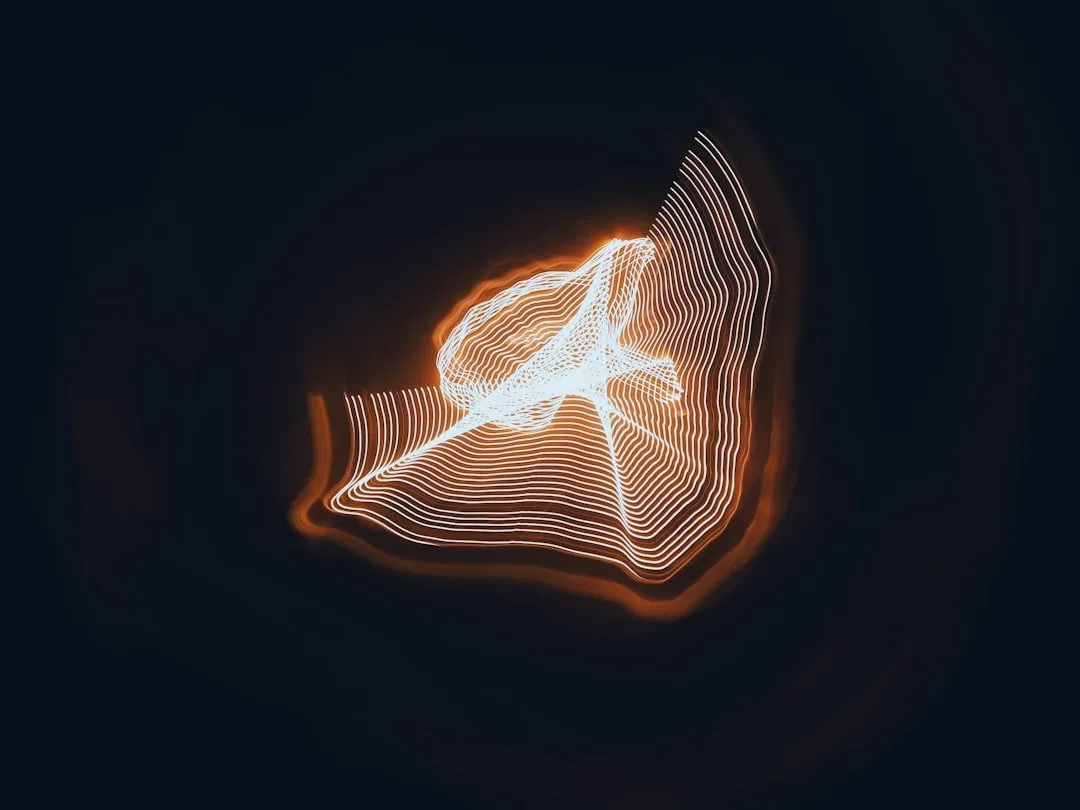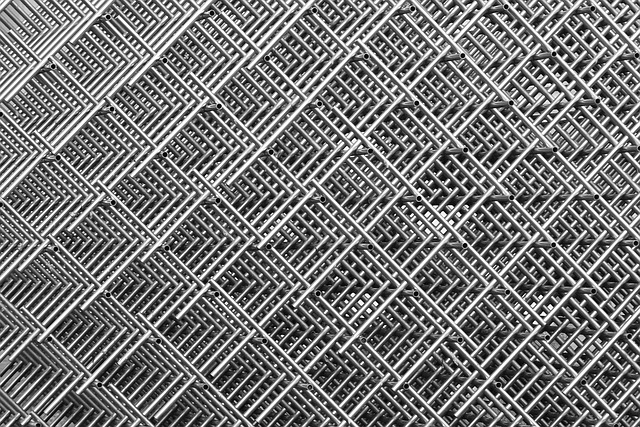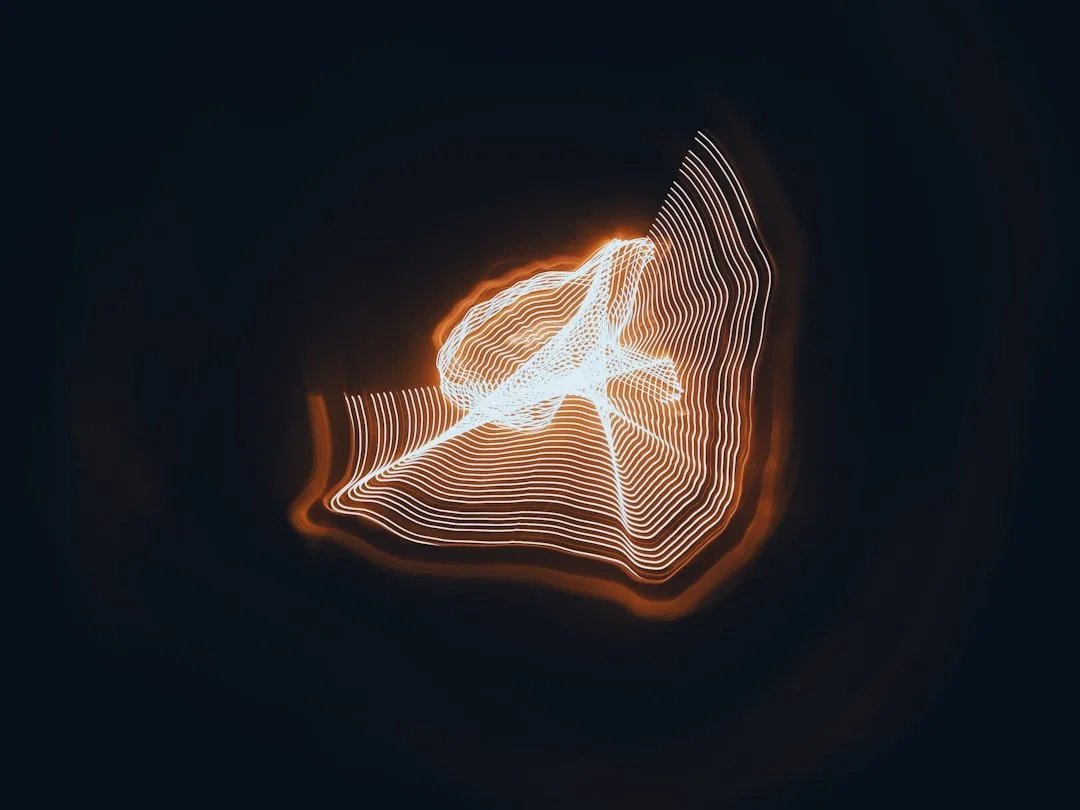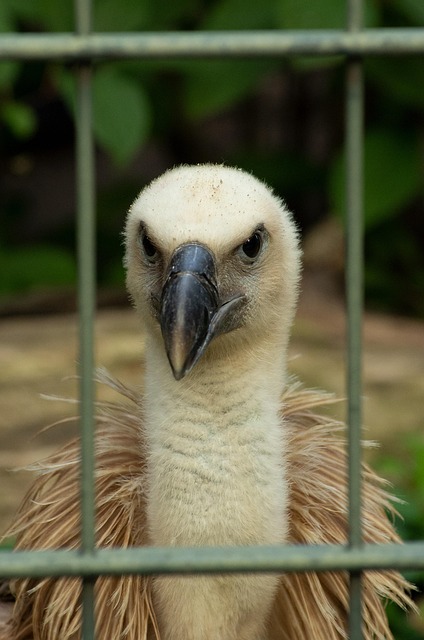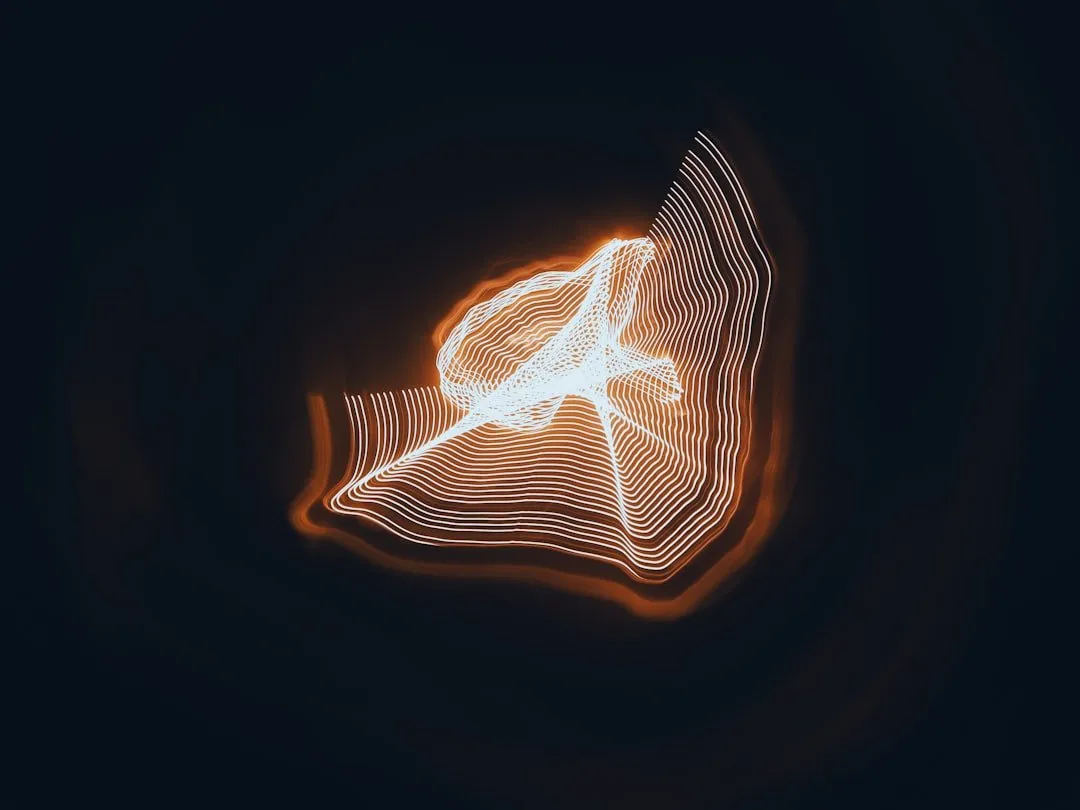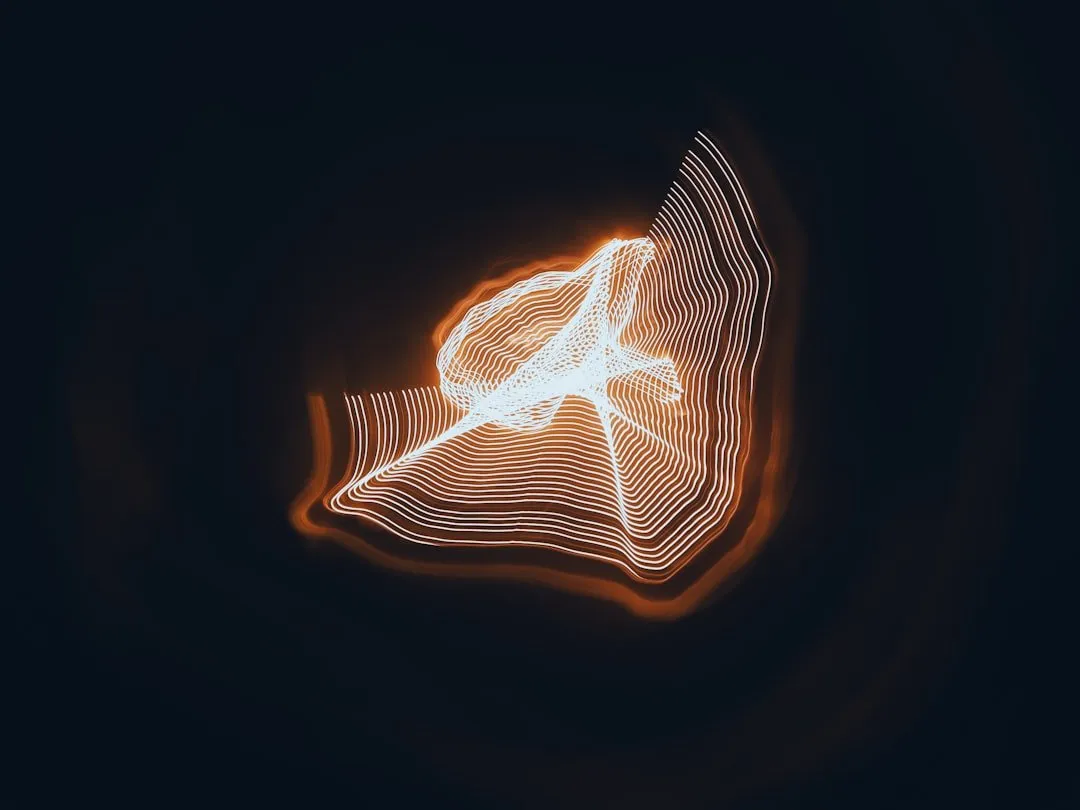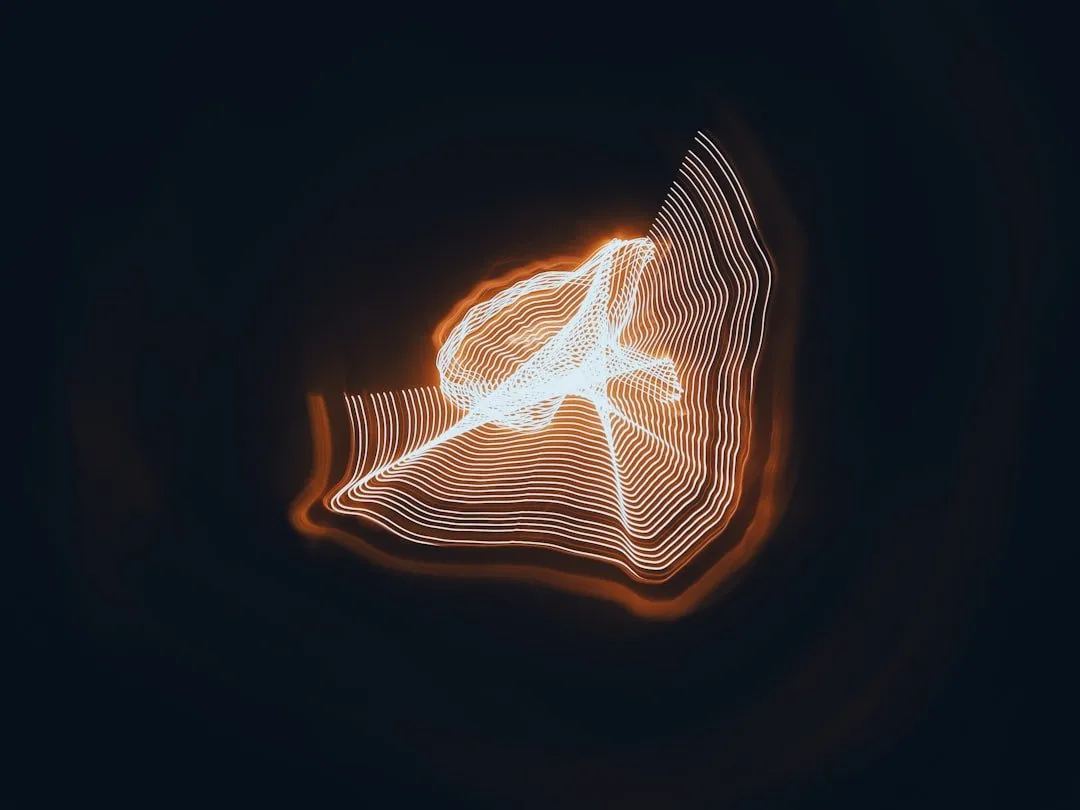Muscle soreness after exercise results from micro-tears in muscle fibers and can be managed with natural remedies like Maeng Da and Red Bali kratom, known for their pain and inflammation relief properties. However, these herbs should complement a comprehensive recovery strategy including hydration, rest, and tailored nutrition. A personalized workout plan, catering to individual needs and preferences, is crucial for effective management. While Maeng Da offers rapid relief for advanced users, Red Bali provides gentle relaxation for beginners or mild discomfort.
Muscle soreness can be a hindrance to your fitness routine, but there’s hope! This comprehensive guide explores effective strategies to alleviate post-workout pain. We delve into the science behind muscle soreness and its triggers, offering insights on how to combat it naturally. Additionally, we compare two herbal remedies, Maeng Da and Red Bali, for their potential relief benefits. Learn how to create a tailored workout plan that facilitates recovery, combining exercise with herbal solutions for optimal muscle soreness reduction.
- Understanding Muscle Soreness and Its Causes
- Maeng Da vs Red Bali: Exploring Herbs for Relief
- Crafting a Personalized Workout Plan for Optimal Recovery
Understanding Muscle Soreness and Its Causes
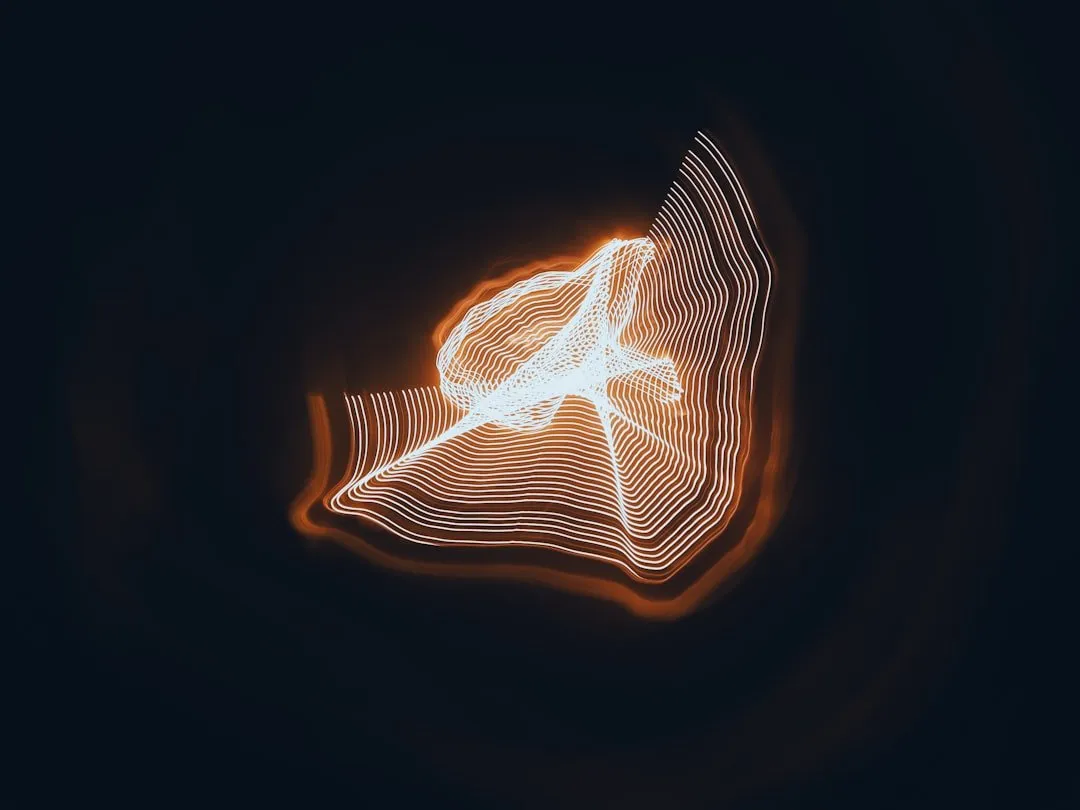
Muscle soreness is a common physiological response to physical activity, particularly intense or unfamiliar exercises. It’s typically characterized by discomfort, stiffness, and sometimes even pain in the affected muscles. This sensation arises from micro-tears in muscle fibers during exercise, leading to an inflammatory response as the body works to repair and rebuild these tissues. Both Maeng Da and Red Bali, two popular types of kratom, have gained attention for their potential benefits in managing muscle soreness due to their unique chemical profiles.
While intense workouts are essential for fitness and strength gains, they can also contribute to delayed onset muscle soreness (DOMS), which typically peaks 24-72 hours post-exercise. Factors like exercise intensity, duration, type of movement, and individual differences in recovery abilities influence the severity of DOMS. Comparing Maeng Da and Red Bali, studies suggest that both varieties offer analgesic properties, potentially aiding in alleviating pain and inflammation associated with muscle soreness. However, it’s crucial to note that while these natural remedies show promise, they should complement a well-rounded approach to muscle recovery, including proper hydration, adequate rest, and tailored nutritional support.
Maeng Da vs Red Bali: Exploring Herbs for Relief
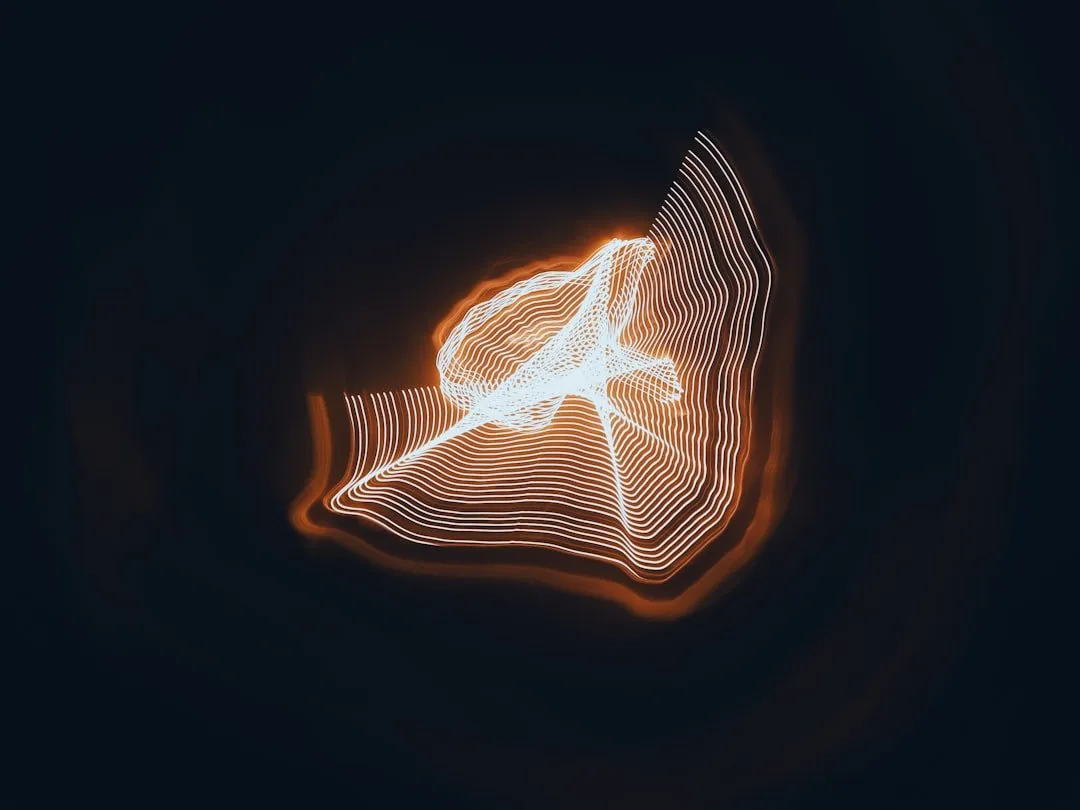
Muscle soreness, a common aftermath of intense workouts or physical strain, can be effectively managed through various natural remedies, with herbs playing a significant role. Two notable herbs that have gained attention for their potential relief properties are Maeng Da and Red Bali.
Maeng Da, known for its potent effects, has been used in traditional Asian medicine for centuries. It is renowned for its ability to alleviate pain and reduce inflammation, making it a popular choice among athletes seeking post-workout recovery. On the other hand, Red Bali, a strain of kratom, offers a slightly different approach. It provides a gentle yet effective relaxation response, helping to soothe muscle tensions without causing drowsiness. The choice between Maeng Da and Red Bali depends on individual preferences and the desired level of relief. Each herb has its unique profile, catering to specific needs for those looking to alleviate muscle soreness in a natural way.
Crafting a Personalized Workout Plan for Optimal Recovery
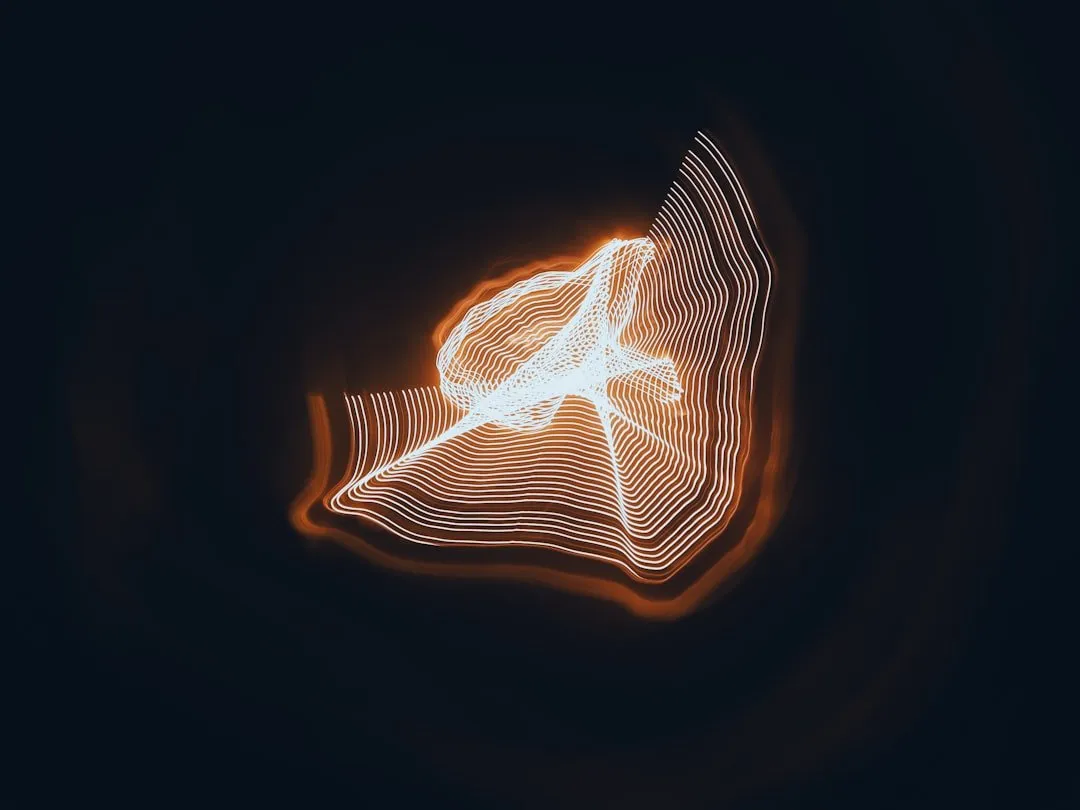
Creating a personalized workout plan is key to effectively managing and alleviating muscle soreness, especially when comparing remedies like Maeng Da vs Red Bali. Unlike generic routines, tailored workouts consider an individual’s unique needs, fitness level, and recovery capabilities. By assessing factors such as age, overall health, current activity levels, and specific muscle groups affected by soreness, a customized plan can be designed to offer the best results.
This approach differs from the one-size-fits-all strategy employed by many fitness programs. For instance, Maeng Da, known for its potent effects, might be suitable for advanced users seeking rapid relief, while Red Bali, often gentler, could be better suited for beginners or those with mild discomfort. A personalized plan balances intensity and recovery, ensuring that the workout not only targets sore muscles but also promotes optimal post-exercise recovery.
In conclusion, alleviating muscle soreness involves understanding its underlying causes and adopting tailored strategies. Customized workout plans, enhanced by herbs like Maeng Da and Red Bali, offer effective relief. By combining knowledge with natural remedies, individuals can optimize their recovery process, achieving a balanced approach to fitness and well-being.
